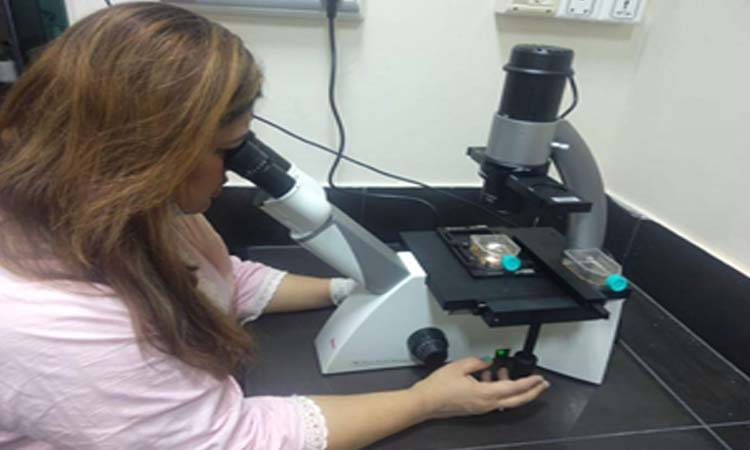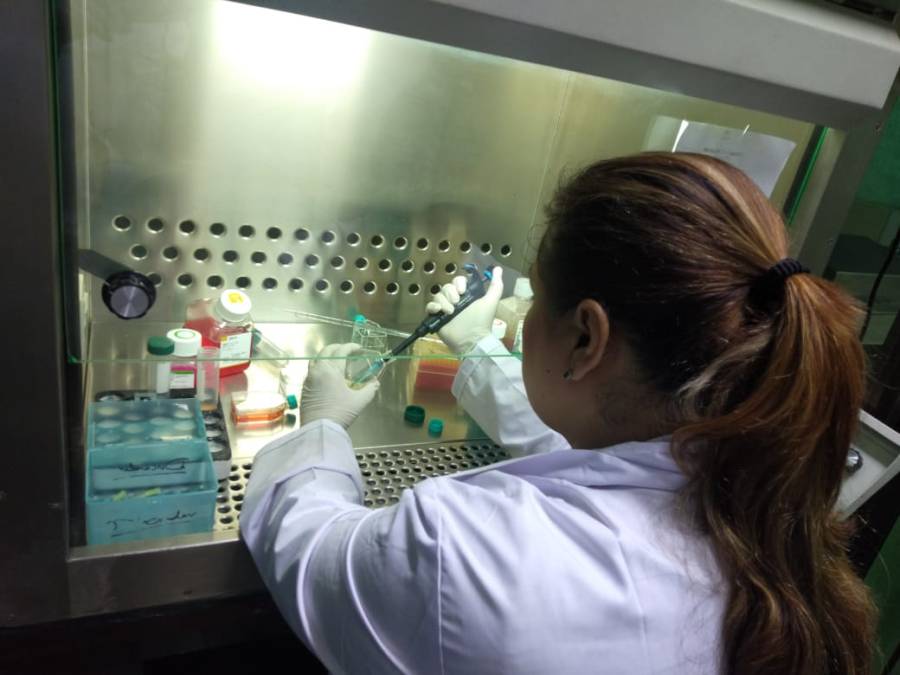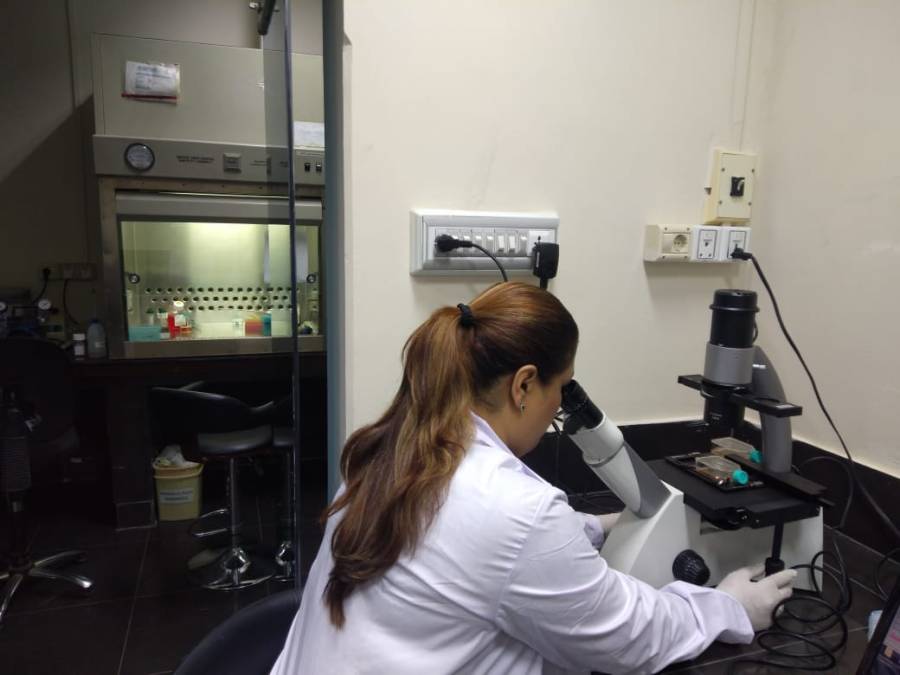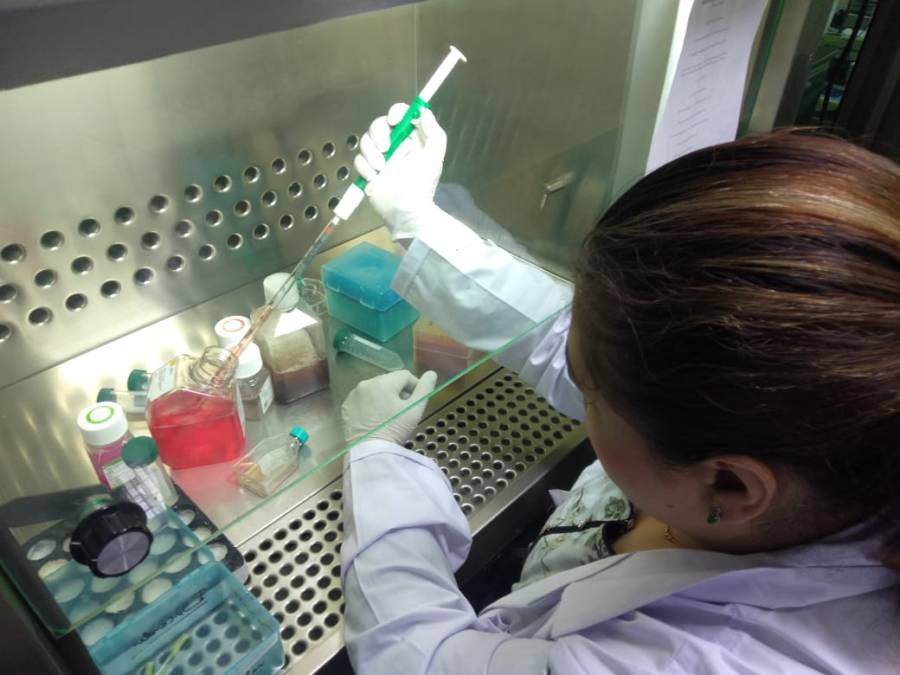JAMSHORO: Dr Erum Khan, Head of Oral Pathology Department, Institute of Dentistry, Liaquat University of Medical and Health Sciences (LUMHS), Jamshoro, Sindh, has recently inaugurated primary cell (soft tissue) culture technique for the first time at LUMHS.
Dr Erum Khan has undertaken PhD from the University of Birmingham. Also, she has qualified for a License in Dental Surgery (LDS) and Membership of the Faculty of Dental Surgery (MFDS) from the Royal College of England. Moreover, she has also been undertaking collaborative research projects with national and international universities and supervising PhD and MPhil students in oral pathology and tissue engineering.
While talking to Dental News, Dr Erum informed that in the area of modern research, stem cell biology has developed a promising therapeutic strategy. Tissue engineering (TE) is an interdisciplinary field that applies engineering and life sciences principles to develop biological substitutes to maintain or restore tissue functions. It underpins the regenerative tissue mechanism by isolating healthy cells from the donor (patient). These cells are cultured on suitable scaffold biomaterials in the form of sheets which act as the template for tissue regeneration to grow new tissue.
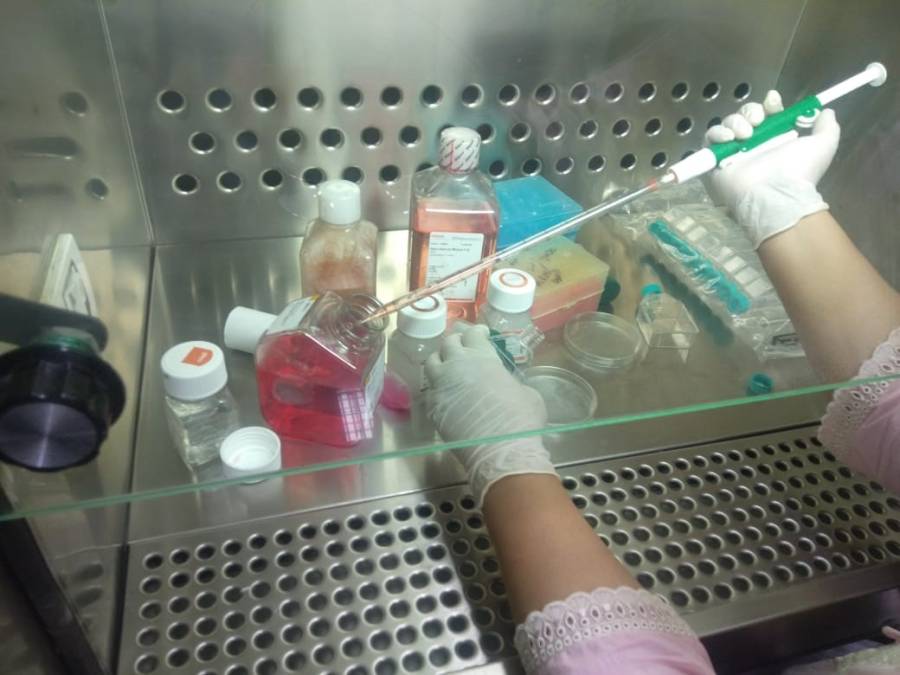
Tissue engineering of oral mucosa can contribute to treatment and rehabilitation for various oral diseases, including congenital disabilities and acquired infections (such as cancer, periodontal disease, and trauma).
In an exclusive talk with Dental News, Dr Erum said that currently, there is frequent use of autografts during oral and maxillofacial surgery and implantology. Allografts such as human bone grafts are harvested from cadavers in the form of demineralized frozen-dried bone. Xenografts (tissue harvested from organisms of different species such as pig collagen, rat tail, fish skin, bovine collagen (Bio-Oss) or collagen derived from coral such as Algipore. Alloplastic materials (synthetic grafts) approaches are also being developed in dentistry.
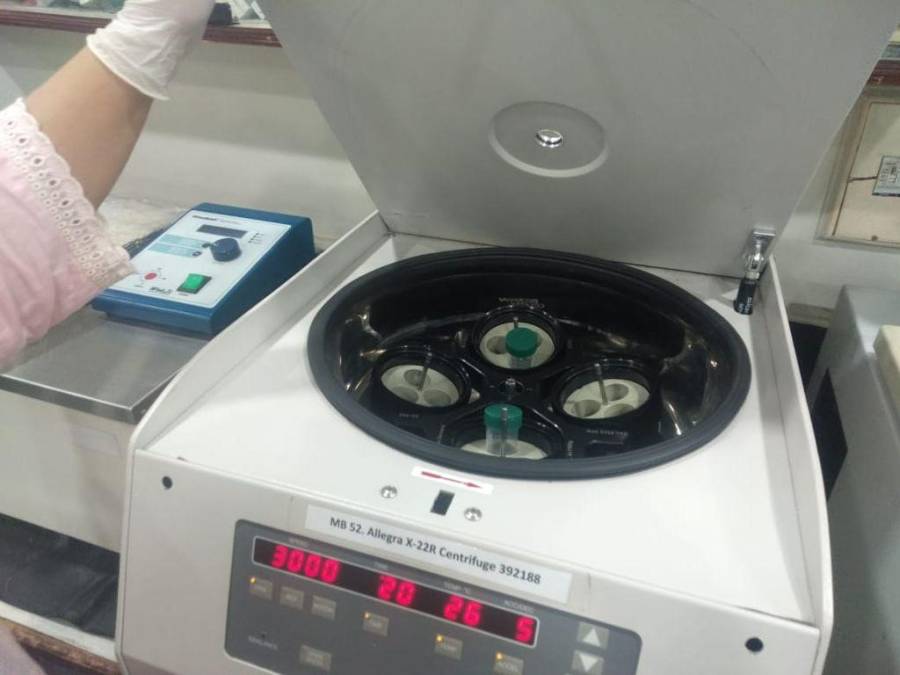
Guided bone regeneration (GBR)/ Guided Tissue Regeneration (GTR) assists in directing the growth of new bone using barrier membranes such as bio-Gide. It excludes the ingrowth of fibroblasts and epithelial cells and permits the more slowly growing bone in a protected space. Such membrane utilized for grafts are derived from animals resources such as bovine (cows), pigs, or bone spicules extracted from cadavers might develop ethical issues.
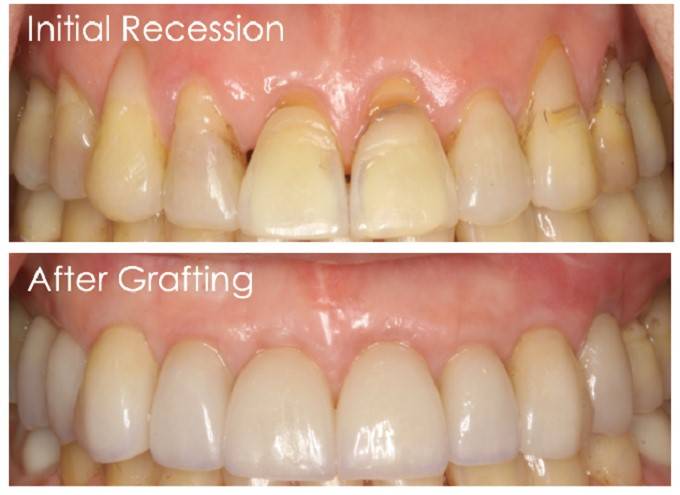
Interestingly, many clinicians are unaware of those resources and do not consent if such heterografts are implanted in patient's mouths. However, there is a need to understand the significance of regenerative dentistry with cutting edge techniques in modern dentistry. If we produce engineered grafts, the clinician can incorporate them as autografts without compromising palatal, buccal mucosa or patient skin with no ethical or religious issue because they are arranged from patients, own cells.
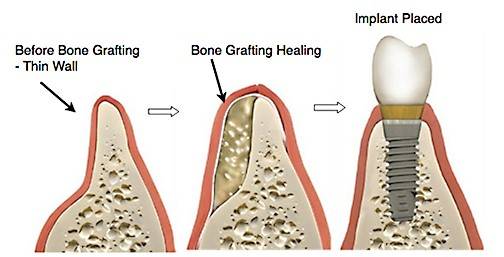
Dr Erum said that there are current advancements and progress for the idea of bone restoration using biodegradable materials. Tissue engineering is a highly encouraging area of reparative biology that provides innovation in maxillofacial surgery, implantology, cellular biology, chemistry and physiology. Unfortunately, there is a limited understanding of tissue engineering in the medical and dental industry in Pakistan. Due to inadequate tissue engineering facilities and deprived collaboration between researchers and clinicians, regenerative dentistry of oral (soft and hard) tissue is not developing momentum in Pakistan.
"There is a significant need to create an awareness of using engineered tissue grafts and their resources during surgical procedures amongst dental surgeons in Pakistan," said Dr Erum.
Dr Erum Khan told Dental News that she has taken an excellent initiative to advance and progress the idea of tissue and bone restoration through tissue engineering in dentistry. She has been very optimistic about the clinical application of engineered tissue in clinical practices in Pakistan.

